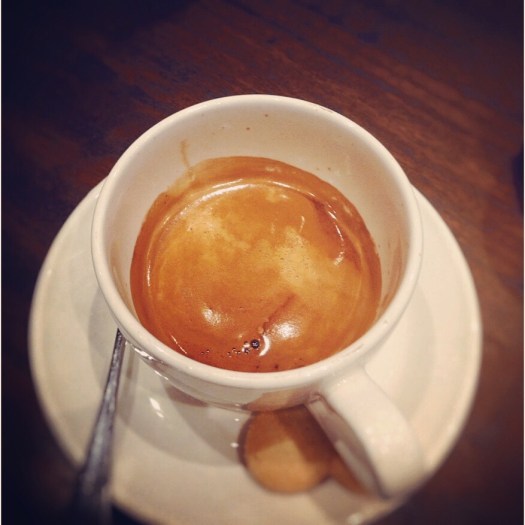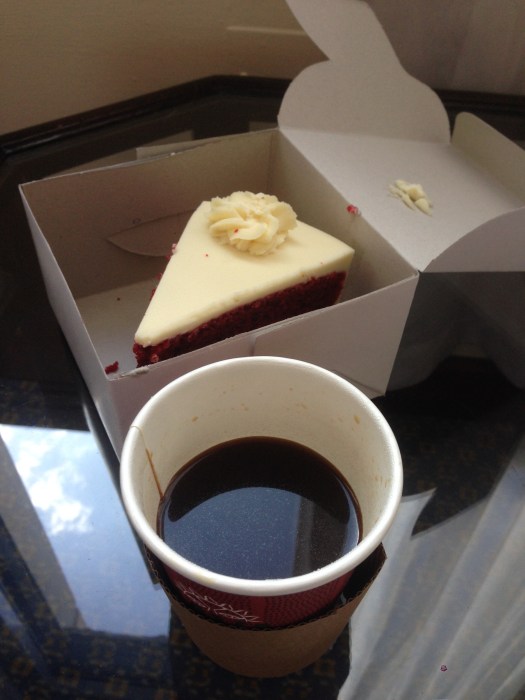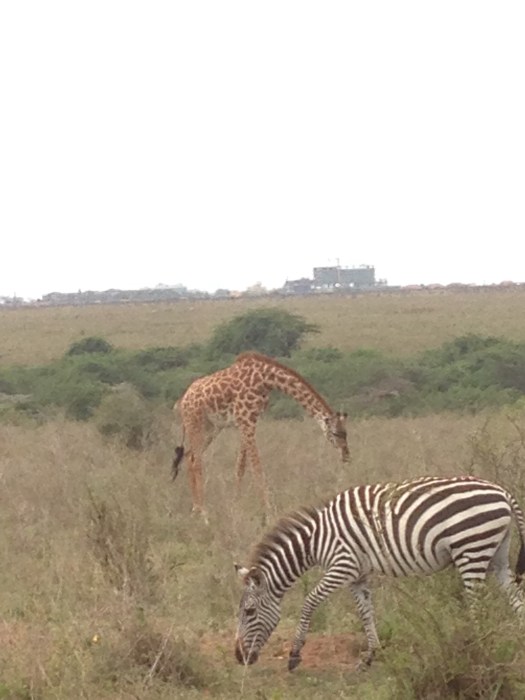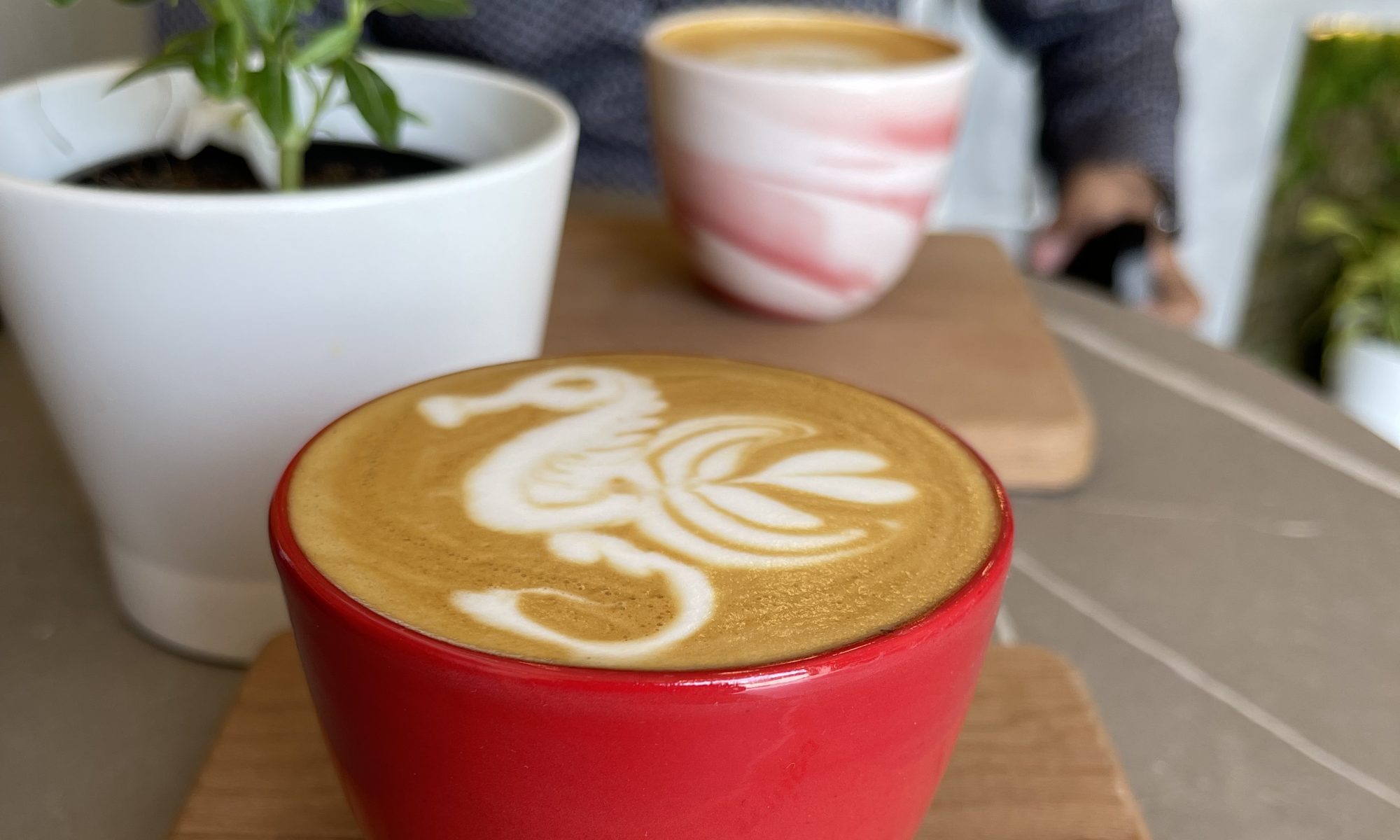
Actually, I’m a bit embarrassed by the lateness of this post, because last year I had one of my most surprising coffee experiences in the eclectic city of Nairobi, Kenya’s capital city and main hub. As per usual, I had to attend a five day meeting in the city and of course I was on the hunt for coffee. Prior to my departure, I visited lonely planet’s helpful guide to cafes and restaurants to visit in Nairobi – also a major tourist destination and springboard to visit the vast wildlife and safaris across the country; and found 2-3 interesting ones. You may wish to know too that Nairobi is the only capital city in the World where there’s actually a natural safari park, near the airport, which we visited on our penultimate day – pics at the end.
So how about the coffee ? After all I was visiting one of the premier coffee countries in the World – not just a coffee growing country but a country that reputably has one of the best arabica varieties in the World (SL28 and SL32 but let’s not go there with deep coffee neurosis), sought after by coffee connoisseurs all over. Due to the location of our meeting and hence hotel, we were placed right bang in the middle of the city. I had initially wanted to check out another brand, the Artcaffe Coffee & Bakery, which looked very “European/American” in design, but all their locations were too far to get to during my busy week, so Java House it was – located on Mama Ngina Street, Transnational Plaza, about 5 minutes walk from the Hilton Hotel.

Upon entering their cafe, you won’t notice anything special in terms of decor; no exposed bricks, Scandinavian clean white washed floors and serving bar, because this is no frills per say – you could easily be in a typical local restaurant, apart from the smell of coffee and for geeks like me – the La Marzocco GB5 espresso machine. I looked around, the clientele was mainly Kenyan but there were a few what looked like backpackers as they had free wifi for customers too. I checked their menu – typical espresso menu, even with an offer for double as well as triple shots. I enquired about their coffee – roasted in small batches every day, primarily from Kenya but also from the region, Ethiopia, Tanzania and Rwanda. I checked out the barista and his skills as he prepared other drinks and not to seem to geeky in front of my colleague, recommend that we both try a double espresso each. I must confess I wasn’t expecting much – I could hear my wife echoing her usual verdict of “coffee snob” into my ear from 1,000 of kilometres away in Vienna.

Hmm! Espresso served with a biscuit
So impressed with the extraction and of course the taste, my colleague immediately went over to ask about buying their coffees. Initially I was reluctant, but bought a Kenyan AA filter blend 500g of arabica coffee beans. The bill, for 2 double espressos and a 375g of Kenyan AA bag of coffee – wait for it US$10 – now that’s a great all round experience.
Of course I went back but must confess that on one occasion I was the victim of the plague of inconsistency that sometimes hampers African businesses, as on my second visit, the espresso lacked vigour – no crema and bitter. Needless to say, the other 1/2 visits did not disappoint. In a way I got the impression that their roasting skills would not disappoint and bought another bag of coffee, but this time from their speciality offering of a Rwandan arabica to take home with me and try on my French press. My colleague bought about 3-4 bags – I lost count.
Java House, I came to find out have about 40 branches in Nairobi alone. They seem quite popular and were always busy when I visited, perhaps because they also have an extensive food menu, including red velvet cake closing late, around 10pm everyday.

They also have a branch at the airport and saw their beans being sold in a duty free shop, but be warned, the coffee was not as freshly roasted as the ones in the city and were more expensive – I smiled to myself as I left the bags of months old roasted coffee at the airport duty free, informing the shop keeper that the coffee costs more at duty free but in town.

In summary I was quite happy to see that Java House, Kenyan created and currently still owned is an African coffee chain that is built on using locally produced coffee, roasted in small batches and successful in terms of its wide range and number of outlets in the city and beyond – It was also gratifying to see that Kenyans were enjoying one of their most prized exports in their own country and that the best stuff hadn’t been siphoned off to the European US and beyond – proud to be African is what comes to mind.

One Reply to “”